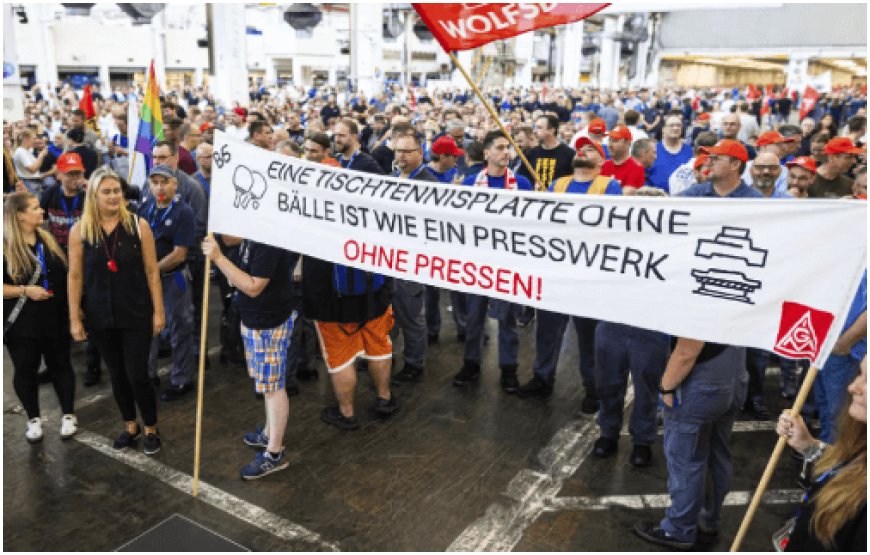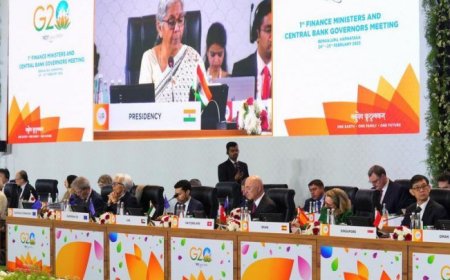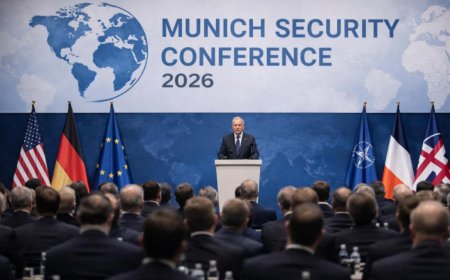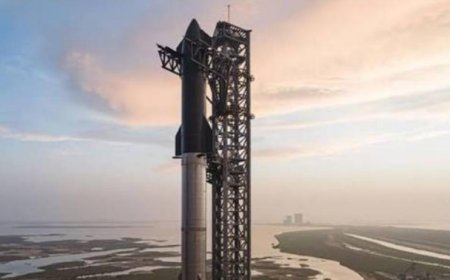Volkswagen Workers Strike in Germany: Employees Protest Wage Cuts and Looming Layoffs
Volkswagen Workers Strike in Germany: Employees Protest Wage Cuts and Looming Layoffs

Volkswagen employees in Germany have initiated widespread strikes, signaling significant unrest among one of the nation’s largest labor forces.
This industrial action comes in response to the automotive giant’s proposed wage reductions and looming threats of layoffs, triggering alarm across the industry and wider economy. Workers from multiple plants, including those in Wolfsburg and Hanover, walked off their jobs in a show of unity, underscoring the gravity of their grievances and the potential for disruption to one of the world’s leading automakers.
The decision to strike follows months of contentious negotiations between Volkswagen’s management and employee representatives. The proposed wage reductions were introduced as part of the company’s broader cost-cutting measures aimed at weathering economic headwinds and adapting to the challenges of the electric vehicle (EV) transition. Volkswagen, like many automakers, faces intense pressure to invest heavily in EV technologies to meet global emissions targets while grappling with rising material costs and supply chain disruptions. However, employees have argued that the burden of these challenges is being unfairly placed on their shoulders.
Union leaders have been vocal in condemning the proposed measures, calling them an attack on the livelihoods of hardworking individuals who have contributed to Volkswagen’s global success. The potential layoffs, in particular, have stoked fear and resentment, with many workers concerned about the future of their families and communities. Volkswagen employs tens of thousands of workers across Germany, and any significant reduction in its workforce would have ripple effects on local economies and related industries.
In a statement released by IG Metall, Germany’s largest trade union and a key player in the ongoing negotiations, representatives emphasized their commitment to protecting workers’ rights. They have called for Volkswagen to reconsider its cost-cutting strategy, proposing alternative solutions that do not compromise employee welfare. “We understand the need for transformation,” one union leader stated, “but this cannot come at the expense of the very people who build the cars that drive Volkswagen’s profits.”
Volkswagen, on its part, has maintained that the proposed measures are necessary to ensure the company’s long-term sustainability. In a press release, the company highlighted the challenges posed by intensifying competition in the EV market, fluctuating raw material prices, and a global economic slowdown. Management has expressed its willingness to continue dialogue with unions and explore compromises, but they stress that difficult decisions must be made to secure the company’s future in a rapidly changing industry.
The strikes have already begun to affect Volkswagen’s operations, with production delays reported at several key facilities. The Wolfsburg plant, which serves as Volkswagen’s headquarters and is one of the largest automotive factories in the world, has seen significant disruptions. Reports suggest that the company is bracing for potential supply chain bottlenecks and revenue losses if the strikes persist.
The broader implications of the strikes extend beyond Volkswagen. As one of Germany’s flagship companies, its labor disputes could set a precedent for other industries facing similar challenges. The automotive sector, a cornerstone of Germany’s economy, is undergoing a period of unprecedented change as automakers pivot toward EVs and digital technologies. How Volkswagen navigates this crisis could influence labor relations and industrial strategies across the country.
Public opinion on the strikes is divided. While many sympathize with the workers’ plight, others point to the broader economic realities that necessitate tough decisions. Analysts have noted that the situation reflects a growing tension between traditional labor models and the demands of a modern, sustainable economy. Striking a balance between the two will be critical not only for Volkswagen but for the industry as a whole.
For now, the focus remains on finding a resolution. Negotiations between Volkswagen’s management and union representatives are expected to continue in the coming days, with both sides expressing a desire to reach an agreement. However, the path to compromise remains fraught with challenges, as workers and executives grapple with fundamentally different perspectives on the way forward.
As the strikes continue to unfold, they serve as a powerful reminder of the human dimension of industrial transformation. Beyond the spreadsheets and forecasts lie the lives and livelihoods of thousands of individuals, each playing a role in shaping the future of one of the world’s most iconic automotive brands. The coming weeks will be crucial in determining not only the outcome of this dispute but also the direction of Volkswagen’s journey into an uncertain future.
















































